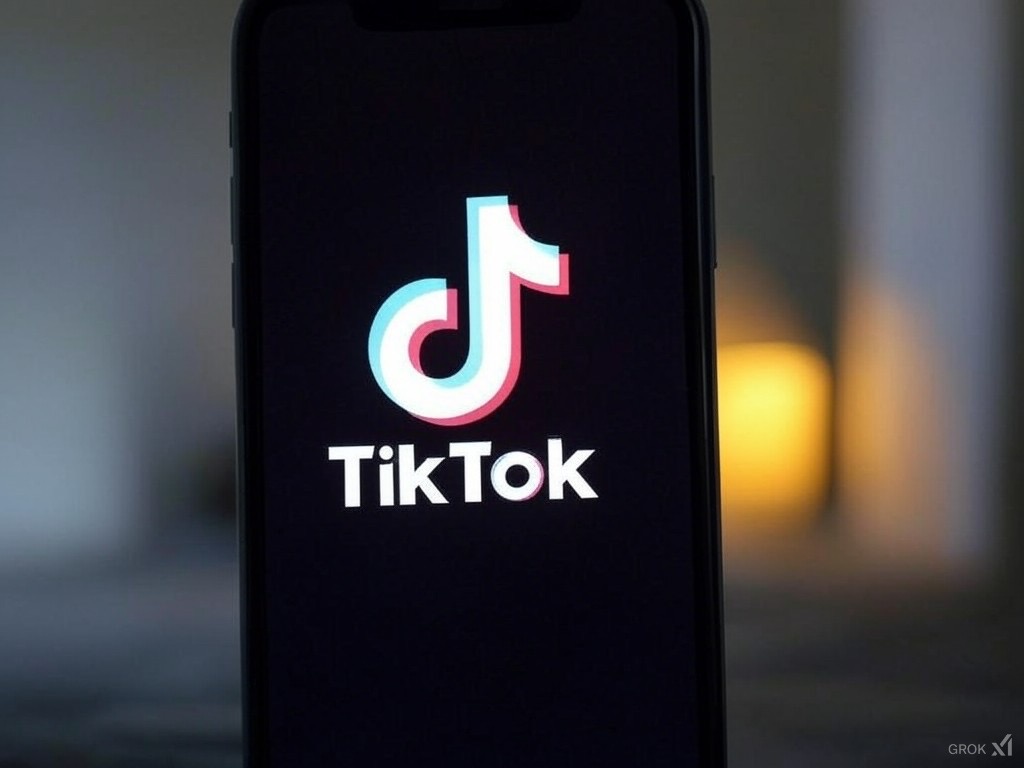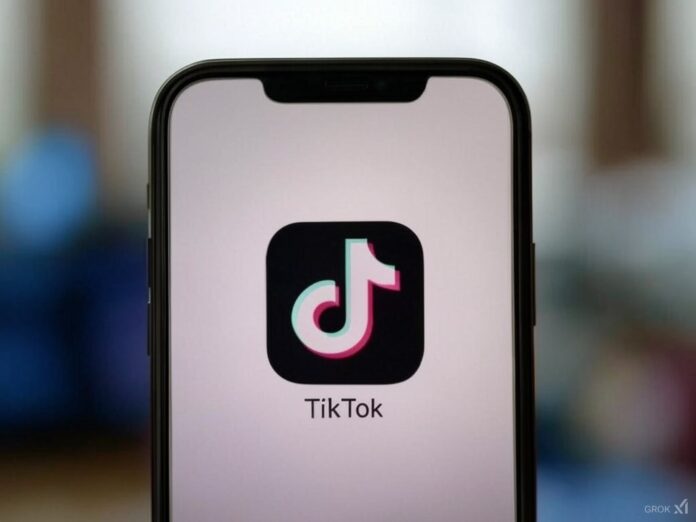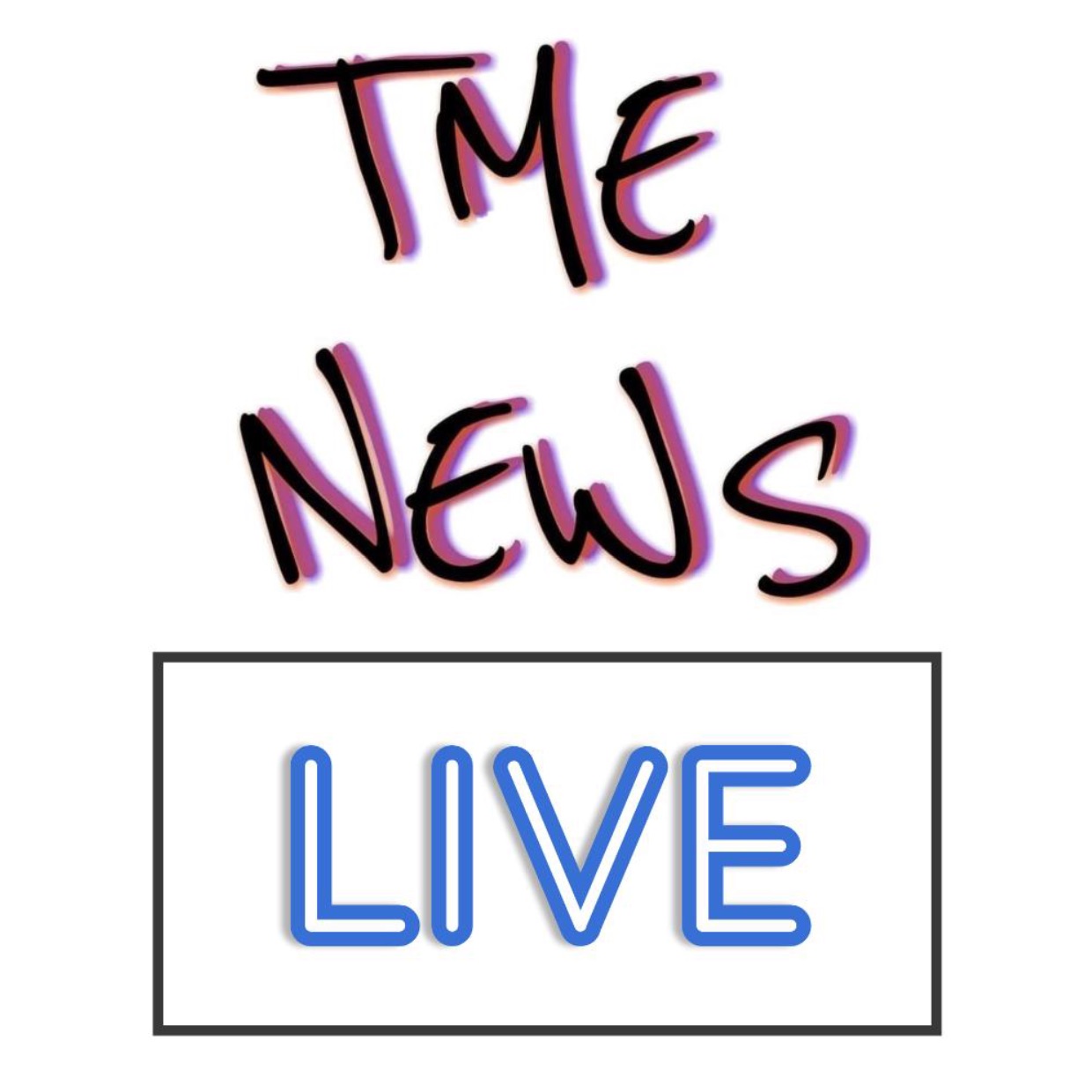In a significant development, TikTok has been reinstated on both Apple and Google’s app stores in the United States as of February 13, 2025. This follows a tumultuous period marked by legal battles, executive orders, and national security concerns that led to its removal nearly a month prior.
Background: The Ban and Its Implications
On January 19, 2025, TikTok was removed from major app stores in the U.S. due to the enforcement of the Protecting Americans from Foreign Adversary Controlled Applications Act (PAFACA). This legislation mandated that applications developed by companies with significant foreign ownership, particularly from adversarial nations, be either divested or discontinued within the U.S. market. The primary concern was the potential for data sharing between TikTok’ss parent company, ByteDance Ltd., and the Chinese government, raising significant national security issues.

The immediate consequence of this enforcement was that users in the U.S. could no longer download or update TikTok and other ByteDance applications such as CapCut and Lemon8. Existing users retained access to the apps on their devices but faced limitations, including the inability to make in-app purchases or obtain new subscriptions. Visitors to the U.S. also experienced restricted access, as their app functionalities were curtailed within U.S. borders.
Legal Maneuvering and Executive Intervention
In response to the ban, ByteDance initiated legal action, challenging the enforcement of PAFACA. However, the Supreme Court upheld the law, leading to the app’s removal on January 18, 2025. Amidst these developments, the Biden administration deferred the decision on enforcement to the incoming Trump administration, which assumed office on January 20, 2025.
President Donald Trump, upon taking office, issued an executive order granting a 75-day extension for ByteDance to negotiate a sale of TikTok’s U.S. operations. This move temporarily lifted the ban, allowing the app to be reinstated on major platforms. Potential buyers, including tech giants like Microsoft, Oracle, and Amazon, have expressed interest in acquiring TikTok’s U.S. assets. The executive order also provided assurances to Apple and Google that they would not face legal repercussions for hosting the app during this interim period.
Reinstatement and Its Implications
Following the executive order, Apple and Google promptly restored TikTok to their respective app stores. A Google spokesperson confirmed the app’s availability, and users across the U.S. regained the ability to download and update TikTok. This reinstatement is particularly significant for Apple, as it seeks regulatory approval in China for launching AI features in partnership with Alibaba and Baidu. Maintaining a positive relationship with both U.S. and Chinese regulators is crucial for Apple’s market performance, especially after recent challenges in the Chinese smartphone market.
Ongoing Challenges and Future Outlook
Despite the temporary reprieve, TikTok’s future in the U.S. remains uncertain. The 75-day extension is a limited window for ByteDance to negotiate a sale that satisfies U.S. regulatory requirements. Failure to do so could result in renewed enforcement actions, including another potential ban. TikTok’s CEO, Shou Chew, has expressed hope for stabilizing the situation but has also hinted at potential organizational restructuring, including layoffs, to address ongoing challenges.
The broader context involves complex geopolitical dynamics between the U.S. and China, with technology companies often caught in the crossfire. The outcome of TikTok’s situation could set a precedent for how similar cases are handled in the future, influencing international business operations and digital platform governance.
Conclusion
The reinstatement of TikTok on U.S. app stores marks a pivotal moment in the ongoing discourse surrounding data privacy, national security, and international business relations. While users can once again access and enjoy the platform, the underlying issues that led to the initial ban remain unresolved. The coming weeks will be critical as ByteDance navigates negotiations, regulatory requirements, and geopolitical tensions to secure TikTok’s long-term presence in the U.S. market.


